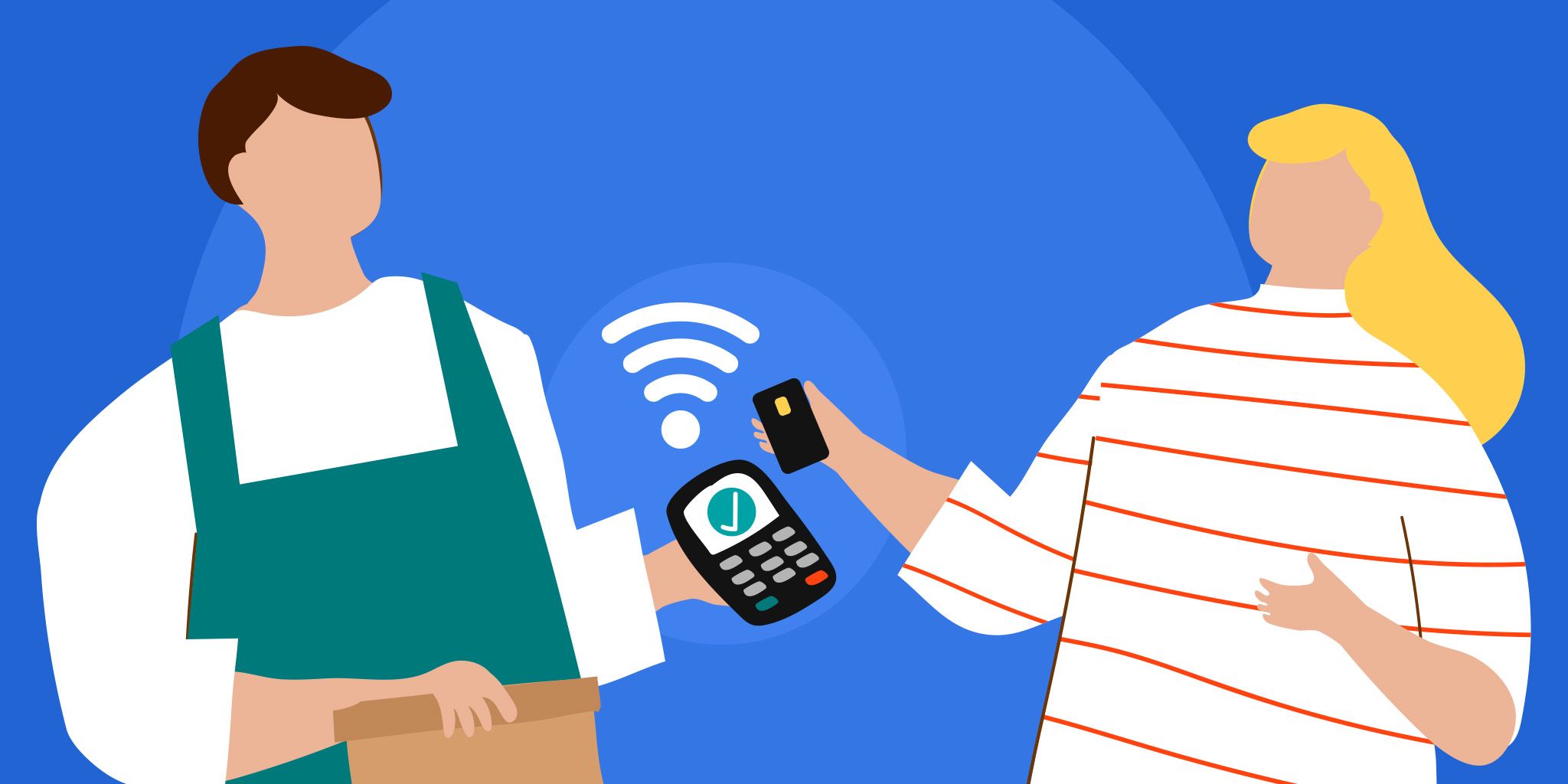Silent Disco’s and the New Wave of Experience Technology
Silent Disco’s and the New Wave of Experience Technology
- Last Updated: December 2, 2024
Michelle Kammerman
- Last Updated: December 2, 2024



As we take bigger steps out of our front doors and back into the outside world, a famous quote from Neil Armstrong comes to mind: “That's one small step for man, one giant leap for mankind." Yes, I absolutely just compared man's first steps on the moon to those of man's first steps past their local grocery store post-pandemic; it felt wildly appropriate.
As we take these steps together, our surroundings look a bit different. The forward-thinking minds of our society have built creations to adhere to new ways of integrating technology into experiencing the world. New ways to check out at your local grocery store, new ways to go for your annual physical, and arguably the most important, new ways to have fun!
Experience technology makes our lives easier in so many ways, making it more fun with new dynamic ways to coexist and enjoy one another. With the technological advancements that arose from social distancing protocols such as telehealth solutions and contact tracing…some questions to consider here are: how will IoT and other technologies impact our in-person experiences? Can experience technology enrich our in-person interactions, making them better than ever before? How can technology help personalize experiences making them more interactive for participants?
In an attempt to answer these questions let’s take a look at some of the ways technology has been integrated back into in-person entertainment.
Technology can help personalize and enrich our in-person experiences, making them more interactive and entertaining than ever before.
Silent Discos
The term “Silent Disco” was most definitely considered an oxymoron before the advancement of wireless and Bluetooth technology. As the worlds of entertainment and technology collide, connected devices have allowed for the creation of innovative experiences such as the “Silent Disco.”
Silent discos are social gatherings where music is broadcast via a radio transmitter, picked up by wireless headphone receivers that are worn by attendees. This is facilitated by either Bluetooth or radio waves dependent upon noise or latency preferences. Silent discos make for a connected technological experience through connected devices where individuals can enjoy music together.
Silent discos emit significantly less noise pollution than any other party, which makes them great alternatives for social gatherings in select locations. Another benefit of silent discos is that you can have two different artists performing at the same time competing for listeners, thus making the experience a bit more dynamic. As one of the first implementations of technology in the entertainment space, let’s take a look at what’s next.
Non Fungible Token (NFT) Experiences
NFTs are a type of cryptocurrency, a part of the Ethereum blockchain, which represents real-world items like art, video clips, music, and unique experiences. With billions of dollars exchanged in NFTs during 2021 alone, they offer a lot of opportunities to drive revenue alongside in-person experiences. These digital assets can also be used as a means of crowdfunding to financially support experiences and artists.
For example, instead of having to front your own funding to produce an album, NFTs make it possible for artists to crowdsource expenses in order to sustainably create new work. NFT's can also enrich in-person experiences to exchange exclusive access between parties. Think of them as the new digital VIP bracelet with advanced authentication capabilities.
Virtual Reality at Events
For those who are still unable to attend in-person events or for those who simply don’t care to, virtual reality offers a new solution to maximizing event exposure. Virtual reality of course creates an omnichannel opportunity for attendees, but it also makes for immersive in-person experiences such as product demonstrations, interactive exhibits, and games. Virtual Reality turns watching into a multisensory experience.
Rather than stare at a Van Gough classic in its frame, why not immersive yourself in the 19th-century painter's process, technique, and real-world inspiration, bringing his art to life? This is exactly what Virtual Reality has brought to the recent Van Gough immersive experience exhibited all over the world.
QR Codes at Restaurants
QR codes help spread information amongst crowds faster than the "take one pass one" traditional style of distribution. Physical menus are a thing of the past as the widely adopted QR code menu is here to stay. These make dining experiences more efficient for establishments allowing for simple updates to daily specials and a more seamless flow of waiter operations. QR codes are also now used to collect and distribute programming information at performances and shows.
In summary, technology creates different ways to partake in the action to enrich personal experiences, making them both more interactive and accessible. Whether you are investing in experiences before they happen, gaining exclusive access at events, or becoming more well informed on the talent you're watching on stage, technology is upgrading your in-person experiences. So as you take those giant leaps, grab a headset and dance in silence!
The Most Comprehensive IoT Newsletter for Enterprises
Showcasing the highest-quality content, resources, news, and insights from the world of the Internet of Things. Subscribe to remain informed and up-to-date.
New Podcast Episode

IoT in 2026: Trends and Predictions
Related Articles





